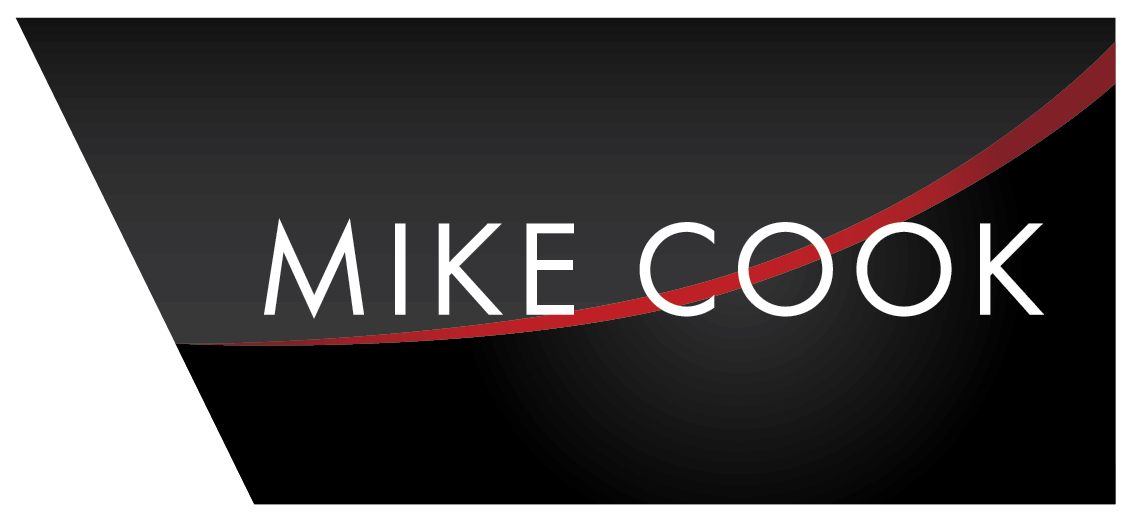Imagine being at work, in any workplace, and not trusting people? I don’t necessarily mean specific people, I mean people in general. Unfortunately, I think many of us are there unconsciously. This reality is covered up with “handy stories” justifying behavior that might otherwise be considered paranoid. I think you know the stories I mean, they usually include some element of “well you can never be too careful,” or “if you want something done right do it yourself.” These and similar “stories” are versions of how to avoid depending on or being vulnerable with others.
“Trust is more an attitude about myself, an estimate of my own capacities, my own ability to handle whatever comes up. If I do not trust someone, … , a more accurate statement might be that I am not happy with the way I act or feel when I am around this person. It is my sense of being out of control that bothers me…”
Peter Block, Author, ‘Community: The Structure of Belonging’
Preparing for this post, it occurred to me that for many thoughtful people there are three truths about trust and no common definition. The three truths ar
1. If I trust, I can count on being disappointed.
2. If I do not trust, my life will likely be safe but it will feel more like surviving than thriving.
3. If I am up to anything of consequence—anything that will really make any difference—then I will need the involvement of others. Therefore, trusting is a foregone conclusion: I will trust or I will accomplish very little in this lifetime.
With the above three truths in mind, you would do well to establish a tolerance for disappointment. If this sounds paradoxical to you I empathize. It appears that there is always a paradox to be dealt with where trust is involved, especially if you insist on defining trust as having anything to do with someone else’s behavior.
Unfortunately, in my experience most people do create their definition of trust in terms of the behaviors of others. According to them you must “earn their trust” or some other such nonsense!
While it may seem counter intuitive, as in the case of the Peter Block quote above, there is considerable power in defining trust in reference to oneself. This opportunity is too often neglected at great personal loss and is dealt with masterfully in TRUST AGENTS: Using the Web to Build Influence, Improve Reputation, and Earn Trust.
Consider this:
A definition of trust that is filled with power is a function of my relationship with myself.
Do I have the confidence in myself to deal with whatever comes my way? Can I interact successfully with various personalities? Can I rely on employees, co-workers or managers who clearly have superior subject knowledge to my own? Can I honor my intentions when interacting with people of differing agendas? And most importantly, can I count on myself to respond and deliver without excuses even when someone has let me down?
This perspective on trust gives reason to think that you can be effective no matter what and no matter who is involved. And make no mistake about it, trust, like we often say about beauty, is in the eye of the beholder…it is a perspective. By adopting this perspective you place the responsibility for trust in your own lap. Your power comes from the fact that there never was anything you could do about anyone else’s behavior except to ask for what you wanted and hold them to account for what they said they would do.
I was blessed to have a manager who operated with me in this fashion early in my career. I made mistakes and each time he dealt with the situation gracefully and responsibly. If he had delegated something to me and it did not get done well he always held himself to account for having allowed me the opportunity to either meet his expectations, or let him down. This is not to say that he did not hold me to account; he did, and from our discussions around my accountabilities I learned from my mistakes. His trusting that he could deal with whatever mistake I might make allowed me the freedom to bring the best I had to offer and rapidly learn what worked and what did not. Of course, like any truly great manager his trust in me cost him in the end; I was promoted and moved on. And of course, he trusted that whoever took my place would eventually be exactly what he needed, until they moved on as well.
Where have you abdicated your responsibility for trust? When will you take it back?

